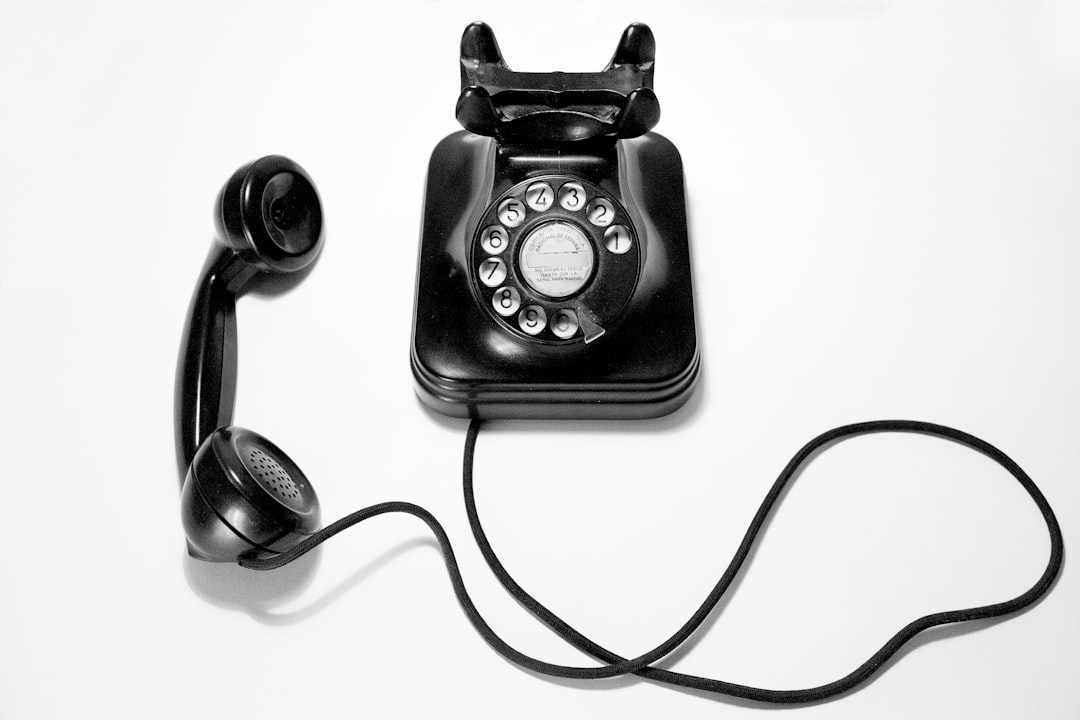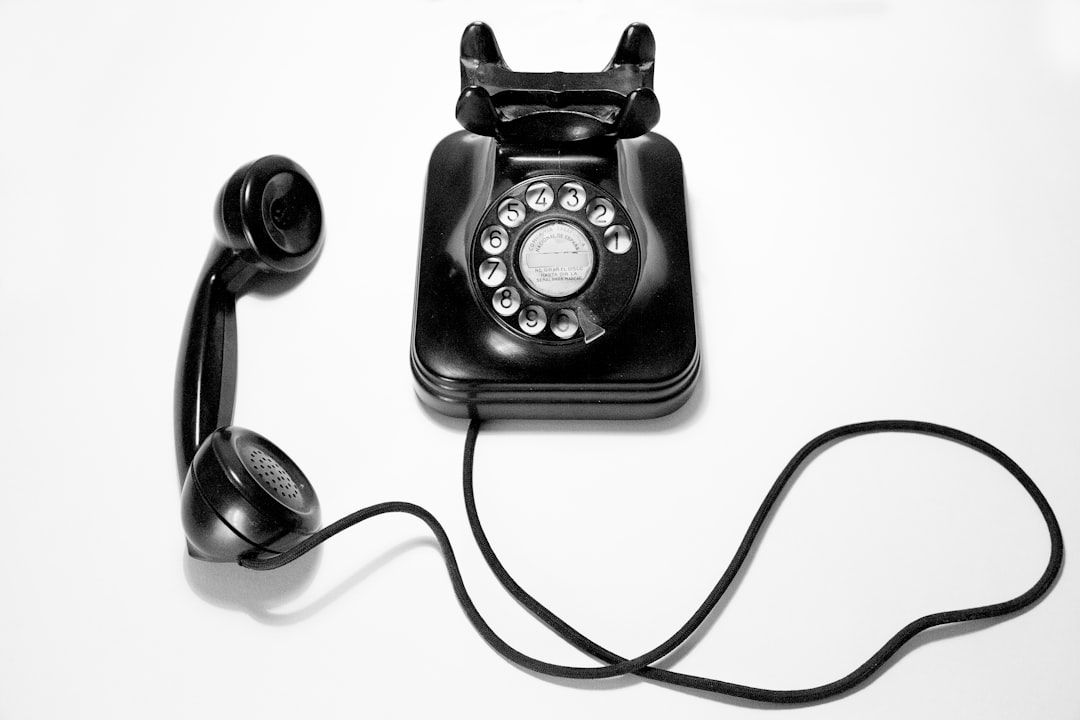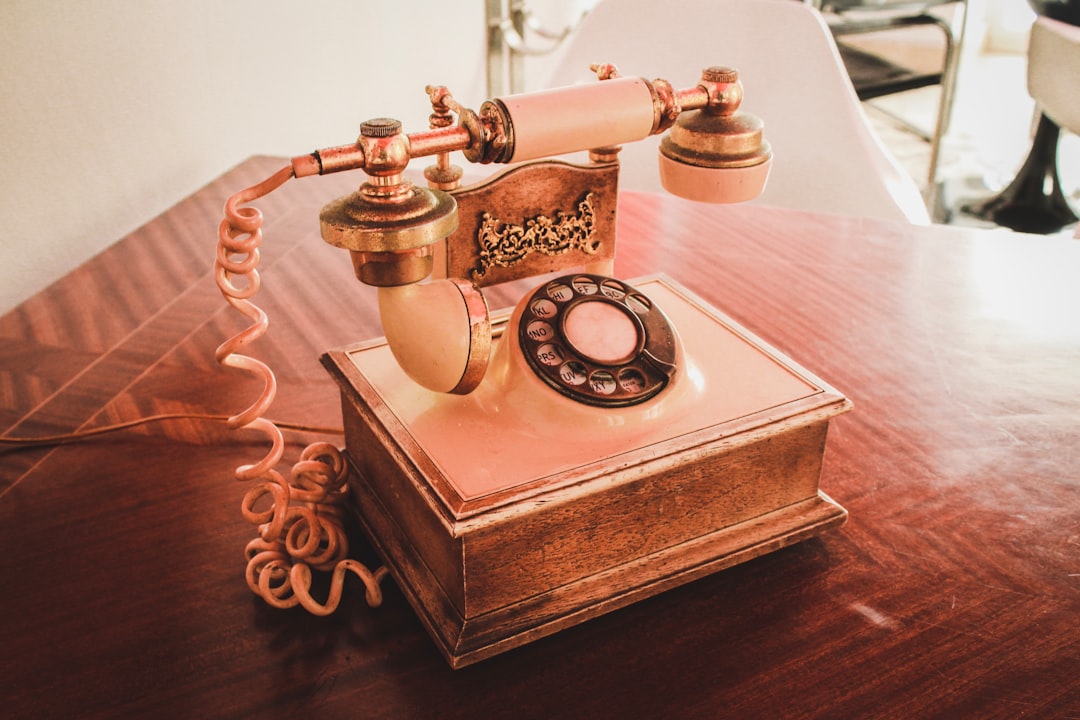Spam calls are a common annoyance in Wisconsin, but residents have powerful tools to fight back. The Telephone Consumer Protection Act (TCPA) provides legal protection, and Wisconsinites can take several steps to stop them. Registering on the National Do Not Call Registry, using call-blocking apps or carrier features, adjusting device privacy settings, and reporting spam calls are effective ways to combat intrusive automated marketing messages. By following these measures, Wisconsin residents can reclaim their peace of mind and reduce unwanted phone noise.
Spam calls, a persistent nuisance, have become an increasingly common problem for Wisconsin residents. With the ever-evolving legal landscape surrounding these unsolicited communications, it’s crucial to understand your rights and the measures you can take to combat them effectively. This article delves into the legality of spam calls in Wisconsin, explores your rights as a resident, and provides actionable steps on how to stop and prevent these unwanted intrusions, ensuring a quieter, more peaceful communication environment. Learn how to reclaim control over your phone lines with our comprehensive guide on stopping spam calls in Wisconsin.
What Are Spam Calls and Are They Legal in Wisconsin?

Spam calls, also known as unsolicited or unwanted telephone marketing calls, are a common nuisance in today’s digital era. These calls often originate from automated systems and are made en masse to promote products, services, or even scams. In Wisconsin, just like in many other states, there are strict laws in place to protect residents from these intrusive and often fraudulent activities.
In terms of legality, the Telephone Consumer Protection Act (TCPA) sets federal standards for telemarketing practices across the nation, including Wisconsin. According to the TCPA, businesses must obtain prior explicit consent from recipients before making automated calls for marketing purposes. This means that if you haven’t given your number to a company with clear permission to contact you, their calls are considered illegal spam. Wisconsin residents can take action to stop these unwanted calls by registering on the state’s Do Not Call list or using specialized apps and services designed to block and identify spam callers, thus ensuring a quieter and safer communication environment.
Your Rights as a Wisconsin Resident Against Spam Calls

As a Wisconsin resident, you have specific rights and protections against spam calls. According to the Telephone Consumer Protection Act (TCPA), businesses and telemarketers are restricted from making automated or prerecorded calls to cellular phones without prior express consent. This means that if you haven’t given permission for your number to be called, such calls are illegal.
To stop spam calls in Wisconsin, residents can take several steps. You can register your number on the National Do Not Call Registry, which restricts most telemarketers from calling your number. Additionally, most mobile carriers offer call-blocking features or apps that can filter out unwanted calls. Reporting spam calls to your carrier and the Federal Trade Commission (FTC) is also encouraged, as it helps in combating these persistent issues.
How to Stop and Prevent Spam Calls in Wisconsin

In Wisconsin, just like in many other states, there are strict laws in place to combat spam calls and protect consumers. The first step to stop and prevent these nuisance calls is to familiarize yourself with these regulations. The Wisconsin Department of Commerce offers resources and guidance on how to deal with unwanted telemarketing calls. One effective measure is to register your phone number with the National Do Not Call Registry, which restricts commercial calls from active participants for a period of five years.
Additionally, many telephone service providers offer call-blocking features or apps that can filter out spam calls. Utilizing these tools, combined with being mindful of sharing your phone number publicly, can significantly reduce the volume of unsolicited calls you receive. Regularly reviewing and updating privacy settings on your devices and social media profiles is also crucial in minimizing your exposure to spam calls in Wisconsin.






